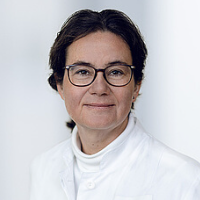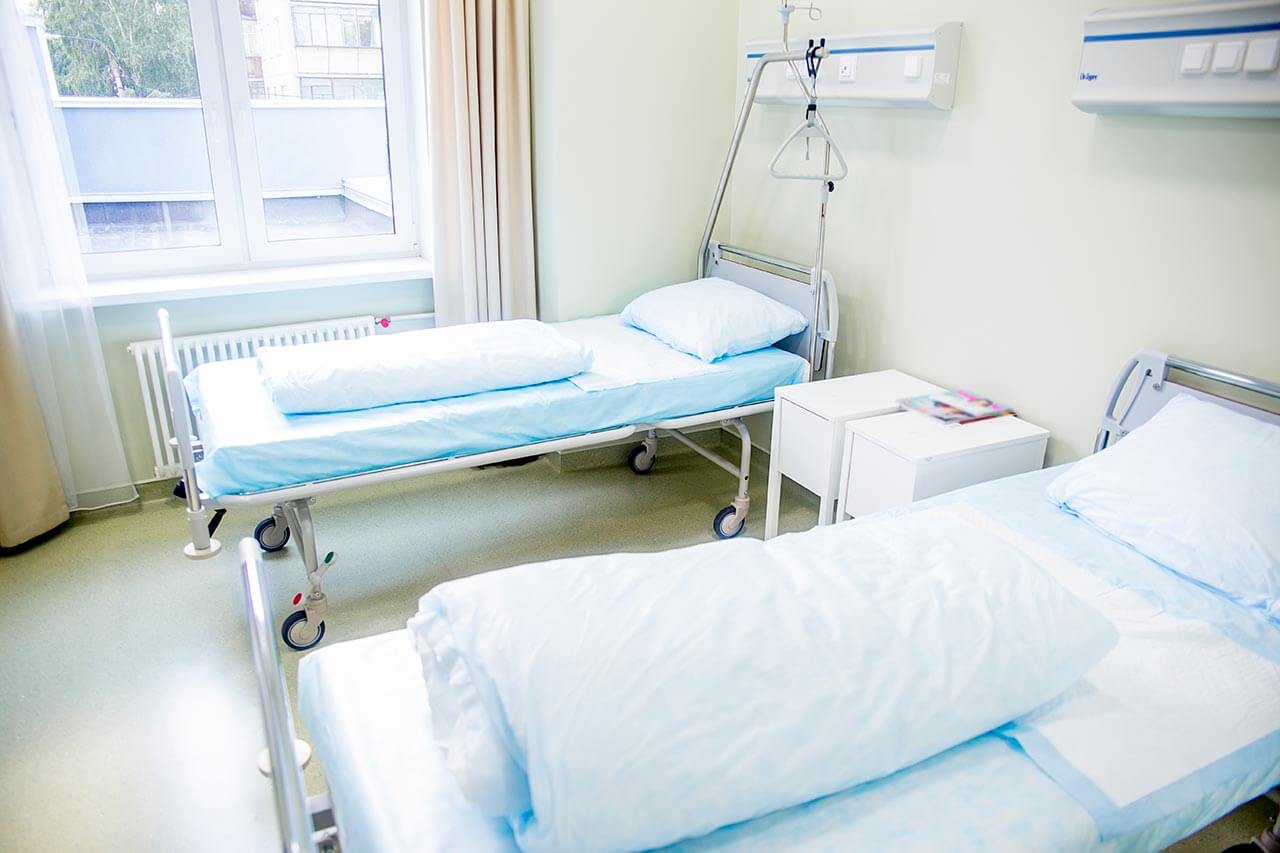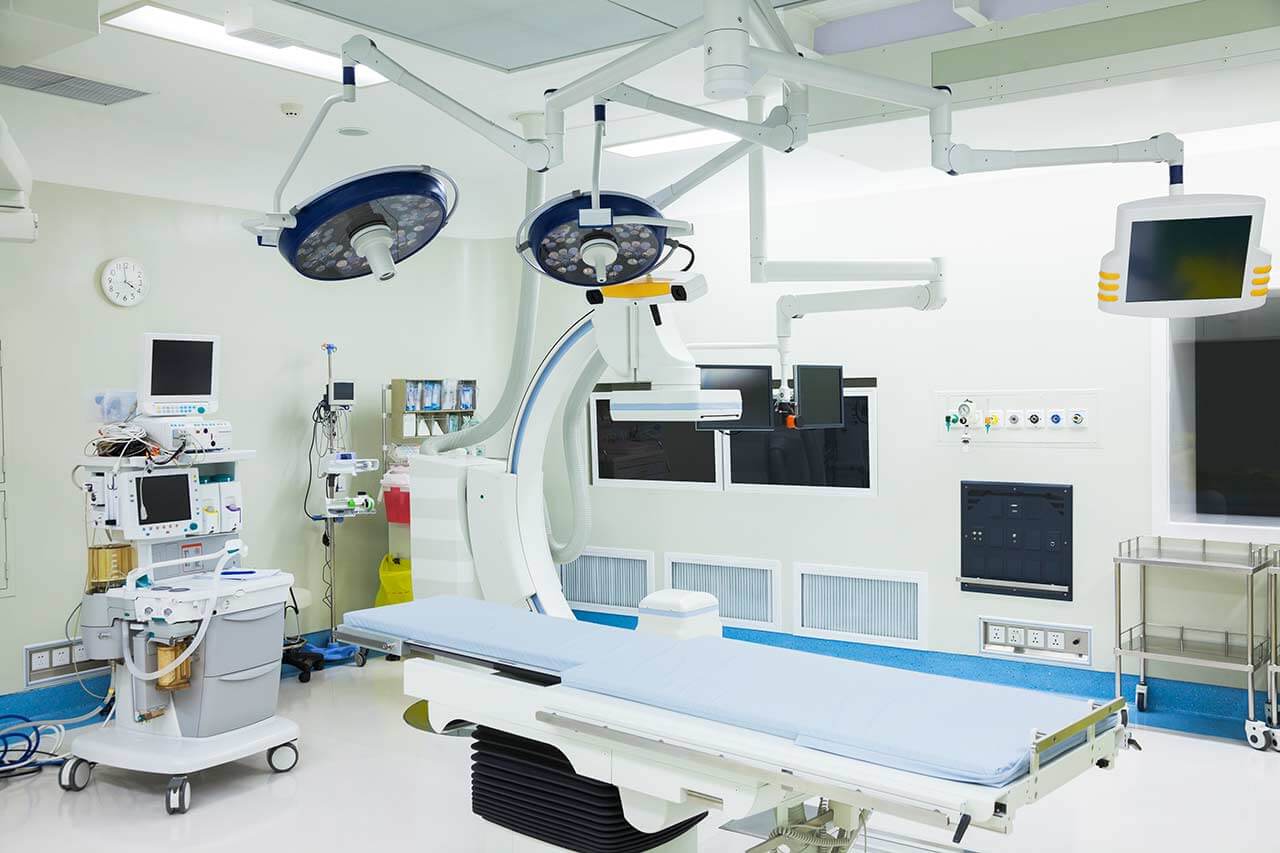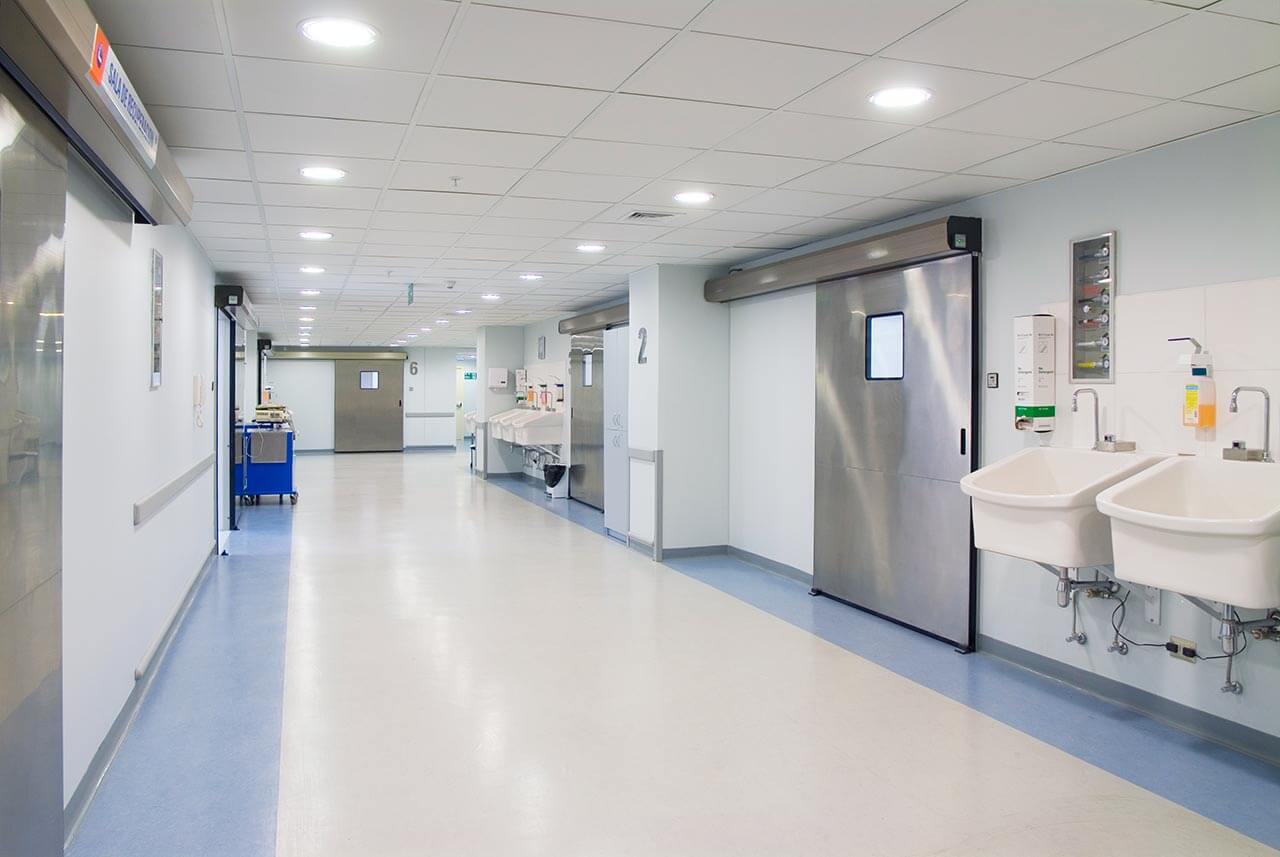
About the Department of Nephrology at University Hospital Oldenburg
The Department of Nephrology at the University Hospital Oldenburg offers a full range of diagnostic and therapeutic services to patients with kidney disease. Special attention is paid to the treatment of acute and chronic kidney failure. The department also admits patients with such nephrological pathologies as pyelonephritis, glomerulonephritis, urolithiasis, nephroptosis, and kidney cysts. The department has excellent diagnostic facilities for a comprehensive examination of the kidneys: doctors perform a wide range of laboratory tests, ultrasound scans, X-ray scans, computed tomography, and magnetic resonance imaging (in cooperation with the Department of Radiology). As for the treatment, specialists mostly use only pharmacotherapy. In the case of severe kidney dysfunction, the department's nephrology team resorts to renal replacement therapy (dialysis). The Dialysis Unit of the department has been operating since 1974 and has gained exceptional clinical experience in this field. The Dialysis Unit provides all modern types of renal replacement therapy, including hemodialysis, hemofiltration, hemodiafiltration, continuous venovenous hemodialysis, peritoneal dialysis, and plasmapheresis. The department has 28 inpatient beds. The Head Physician of the department is Dr. med. Anke Kulschewski.
Of particular clinical interest to the department's doctors is the treatment of chronic kidney failure, a pathological condition in which kidney function gradually deteriorates. This disease disrupts the filtration, secretory, and excretory functions of the kidneys, leading to serious complications. Chronic kidney failure is most commonly caused by diabetes mellitus, systemic lupus erythematosus, scleroderma, kidney stones, chronic glomerulonephritis and pyelonephritis, and arterial hypertension. In the early stages, chronic kidney failure may be asymptomatic; as the pathology progresses, it causes general malaise, fatigue, dry skin, itching, swelling, high blood pressure, and urinary problems. In the advanced stages, chronic kidney failure manifests as severe intoxication, causing loss of appetite, nausea, vomiting, diarrhea, headache, visual disturbances, and anemia. The diagnostic protocol for suspected kidney failure includes a set of laboratory tests (a complete blood count and a blood biochemistry test, urinalysis, and Rehberg-Tareev test), ultrasound kidney scans, CT and/or MRI kidney scans, and kidney biopsy. The goal of treating chronic kidney failure is to relieve symptoms, slow down the progression of the disease, and improve kidney function. The first-line treatment is drug therapy and diet (limiting the amount of protein, salt, and fluid in the diet). If this treatment fails, hemodialysis is prescribed. This is a procedure that uses a special machine to cleanse the blood of metabolic products and excess fluid.
The department also has gained extensive experience in the treatment of acute kidney failure. The acute form of the pathology is a sudden impairment of renal function, which in most cases is reversible. In cases of acute kidney failure, the patient requires emergency care in the intensive care unit because the pathology is accompanied by rapidly increasing intoxication due to the accumulation of products of nitrogen metabolism and signs of severe water and electrolyte imbalance. Diagnosis of acute kidney failure includes blood and urine tests, ultrasound scans, and kidney biopsy. If the diagnosis is confirmed, emergency treatment is provided in a hospital under close medical supervision. The initial stage of therapy is aimed at eliminating the cause of acute renal function impairment. In case of shock, the doctors of the department replenish the volume of circulating blood and normalize the blood pressure; in case of nephrotoxic poisoning, the patient's stomach and intestines are washed. To quickly remove toxins from the blood, the specialists of the department use hemoadsorption and/or plasmapheresis.
The department regularly admits patients with suspected pyelonephritis, an inflammatory disease of the kidneys of infectious origin. Pyelonephritis causes damage to the tubular structures of the kidneys, which disrupts the process of blood filtration and causes the loss of its biologically significant components. The pathology can occur in acute and chronic forms. In the first case, the patient feels severe pain in the lower back, intoxication develops, the body temperature rises, and chills, weakness, headache, nausea, and vomiting appear. In addition, acute pyelonephritis is often accompanied by cystitis (inflammation of the bladder). Chronic pyelonephritis is sometimes almost asymptomatic; the patient may have nonspecific complaints such as weakness, fatigue, loss of appetite, headache, and frequent urination. If pyelonephritis is suspected, the nephrologists in the department will listen to the patient's complaints, review his or her medical history, perform a series of laboratory blood and urine tests, and perform a kidney ultrasound; in complex cases, CT and/or MRI scans may be required. Conservative methods are used to treat pyelonephritis; in the acute form of the disease, inpatient treatment is recommended. The treatment regimen is prescribed on an individual basis. Anti-inflammatory and antispasmodic drugs and antibiotic therapy are prescribed to relieve pain and stop the inflammatory process in the kidneys.
The department's clinical focuses include the following:
- Diagnostics and treatment of acute and chronic kidney failure
- Diagnostics and treatment of pyelonephritis
- Diagnostics and treatment of glomerulonephritis
- Diagnostics and treatment of kidney stones
- Diagnostics and treatment of nephroptosis
- Diagnostics and treatment of kidney cysts
- Diagnostics and treatment of renovascular hypertension
- Diagnostics and treatment of other kidney diseases
The department's range of therapeutic services includes the following:
- Drug therapy
- Renal replacement therapy (dialysis)
- Hemodialysis
- Hemofiltration
- Hemodiafiltration
- Continuous venovenous hemodialysis
- Peritoneal dialysis
- Plasmapheresis
- Other treatment methods
Curriculum vitae
Higher Education and Professional Career
- Since October 2012 Head Physician, Department of Nephrology, University Hospital Oldenburg.
- 2009 - 2012 Senior Physician, Department of Nephrology, St. Josefs-Hospital Cloppenburg.
- 2006 - 2009 Residency, specialization in Nephrology and Hypertensiology, University Hospital Erlangen-Nuremberg.
- 1998 - 2006 Assistant Physician, Department of Nephrology, St. Josefs-Hospital Cloppenburg.
- 07.2005 Board certification in Internal Medicine.
- 1992 - 1997 Medical studies, Westphalian Wilhelms University of Muenster.
- 1991 - 1992 Medical studies, Free University of Berlin.
Photo of the doctor: (c) Klinikum Oldenburg AöR




